Session 11: Exploring global strategies: How RI will address climate challenges over the next 30 years
Wednesday, 4th December 9.15AM AEST | Plenary session
This panel will discuss how global Research Infrastructures (RIs) address climate challenges through monitoring, mitigation, support for decision-makers, and the implementation of global environmental accounting and auditing. A critical issue to explore is the delineation between research and operational monitoring and the respective roles of research agencies and meteorological services, focusing on best practices for inter-agency cooperation to bridge existing gaps.
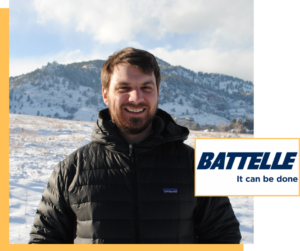
Moderator
Dr Michael SanClements is currently the Research Initiatives Lead for Battelle where he serves as principal investigator of a National Science Foundation award to harmonize global data from Research Infrastructures. From 2015-2022 Mike led the U.S. National Ecological Observatory Network Terrestrial Instrument Science Team.
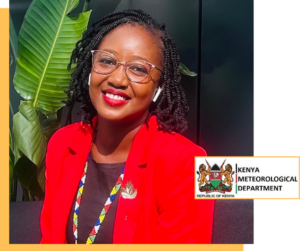
Panellist
Patricia Nying’uro is a climate scientist and researcher working at the Kenya Meteorological Department in the Climate Change branch. She is also the IPCC focal point for Kenya. She works at the Science-Policy-Practice interface making science and research actionable and relevant for implementation and development of policies.
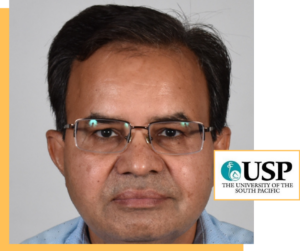
Panellist
Professor Sushil Kumar is the Director of Research at the University of the South Pacific in Fiji. He is an accomplished researcher and educator who has spent more than 30 years working across climate change impacts, natural hazards, and sustainability. Kumar has more than 15 years of administrative experience including as Associate Dean, Research and Graduate Affairs, and Director of Research.
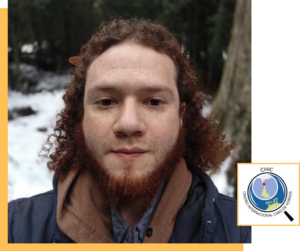
Panellist
Matías Troncoso-Villar is the local Coordinator of the Cape Horn Long Term Ecological Research Network (LTER) Network. At the Cape Horn International Center (CHIC), he serves as the Geophysicist responsible for managing the monitoring system of climate, ecological, and physicochemical characteristics in the Subantarctic Cape Horn Biosphere Reserve, Chile. His work involves fostering collaboration between public and private organizations, including the Chilean Navy, the Ministry of Environment and the Ministry of Science of Chile, as well as various NGOs.
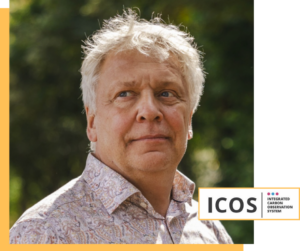
Panellist
Dr Werner L. Kutsch has been the Director General of the Integrated Carbon Observation System (ICOS ERIC) since March 2014. He is biologist, plant ecologist and ecosystem scientist by education and has worked on ecosystem carbon cycling and carbon-climate feedback for 25 years in Europe and Africa. He focuses on the impact of land use and climate change on ecosystem properties and complex landscapes. ICOS is a European research infrastructure producing standardised data on greenhouse gas concentrations in the atmosphere, as well as on carbon fluxes between the atmosphere, ecosystems and oceans. This knowledge supports science-based societal decision-making to combat climate change and its impacts.
We acknowledge the Traditional Owners of the lands and waters throughout Australia, and pay respect to the Elders past, present and emerging. We recognise the importance of connection to culture, land, kinship and community to the health and wellbeing of Aboriginal & Torres Strait Islander families. We acknowledge the cultural practices and traditions still carried out today and being passed down to future generations.


